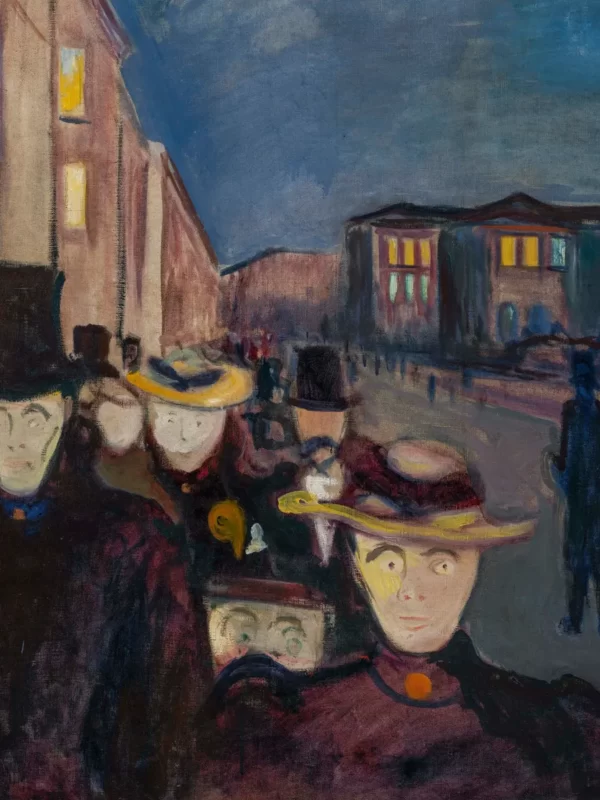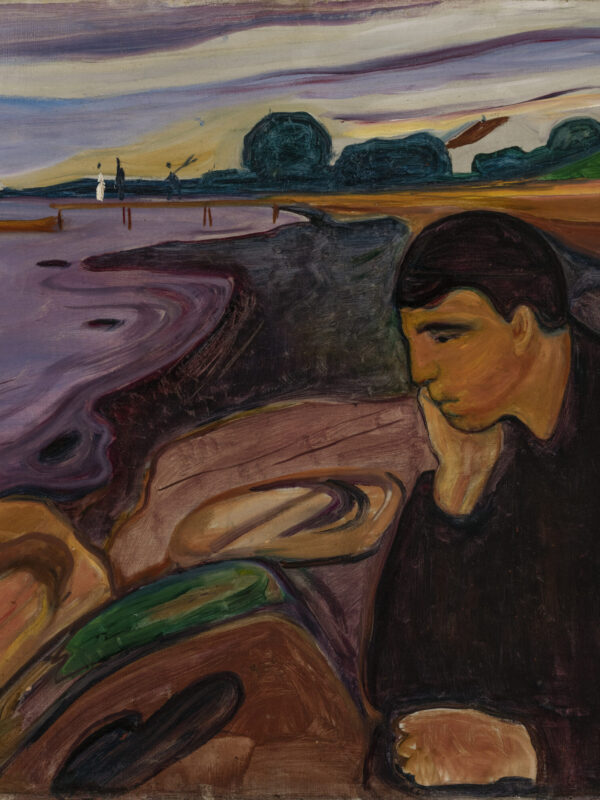Stress
In psychology, stress is a feeling of emotional strain and pressure. Stress is a type of psychological pain. Small amounts of stress may be beneficial, as it can improve athletic performance, motivation and reaction to the environment. Excessive amounts of stress, however, can increase the risk of strokes, heart attacks, ulcers, and mental illnesses such as depression and also aggravation of a pre-existing condition.
Psychological stress can be external and related to the environment, but may also be caused by internal perceptions that cause an individual to experience anxiety or other negative emotions surrounding a situation, such as pressure, discomfort, etc., which they then deem stressful.






